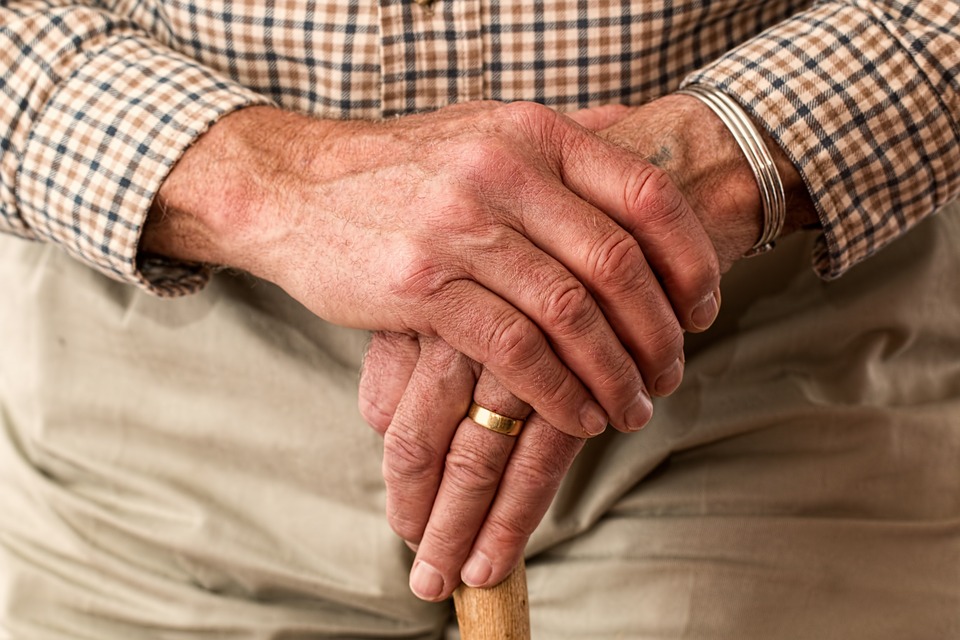Home Safety for the Elderly
“Home is where the heart is.” The benefits to the elderly remaining in the home as long as possible are countless. Therefore it has become increasingly popular. However, safety concerns and risks are involved that must be addressed in order for your loved one to thrive in their own environment. Make sure you and your loved one are aware of the potential dangers and prepare accordingly.
Safety Tips
Keep the home clean and free of clutter. This may seem like a no-brainer, however, accidents happen everyday from simple items in the home. Here is a list of measures that you can take.
- Keep pathways unobstructed, well lit. Remove unnecessary furnishings, decorations, throw rugs, secure cords, and cables from the pathway.
- Provide sturdy rails for all stairs inside and outside the home.
- Have non-slip surface on all stairs.
- Provide good lighting throughout the interior and exterior of the home.
- Provide large clearly printed lists next to every phone. Include emergency contacts, health care providers, poison control, and a family member of friend that lives nearby. If needed provide, specialty phones with large buttons and ones that allow the hearing impaired to communicate in the event of an emergency.
- Remind your loved one to keep doors and windows locked. Additionally, discuss the dangers of allowing strangers into the home when they are alone.
- Ensure that appliances are easy to use with auto shut off. Mark On and Off switches clearly.
- Provide fire extinguishers and clear instructions for use.
- Rotate food and check expiration dates regularly.
- Mark and store hazardous materials away from food.
- Provide medication dispensers and discard and unused or outdated medications.
- Consider fall, or wander alert alarms, as well as medic alert bracelets.
- Install smoke and carbon monoxide detectors. Remember- check batteries and change them twice a year.
- Adjust water heater to below 120 degrees Fahrenheit.
- For bathroom safety install items such as elevated toilet seats, shower or bathtub benches, bathtub lifts, bath and toilet rails, grab bars, and handheld shower heads to prevent falls.
- Mobility aids come in many shapes and sizes including, wheelchairs, scooters, walkers, canes, stair lifts, and ramps. Select the correct ones and make sure they are properly fitted.
Safety Equipment
An endless amount of safety equipment is available for the home. However, before you go buy every gadget or piece of equipment on the market, think about what is needed. Unnecessary gadgets become unnecessary objects in pathways. It may become increasingly difficult for a senior to manage by themselves as their mobility changes. Take this into consideration and consult a professional when addressing specific needs.
Home Health Services
Your loved one feel better mentally and physically in a clean, safe environment, in addition, will be able to maintain dignity and independence. However, family members may need additional assistance. Keep in mind that you are not in it alone. Caring for you elderly loved one is tiring and stressful at times. Knowing when to seek help is important. Remember, home health care providers have knowledge and training to assist your loved one to remain in their own home.


